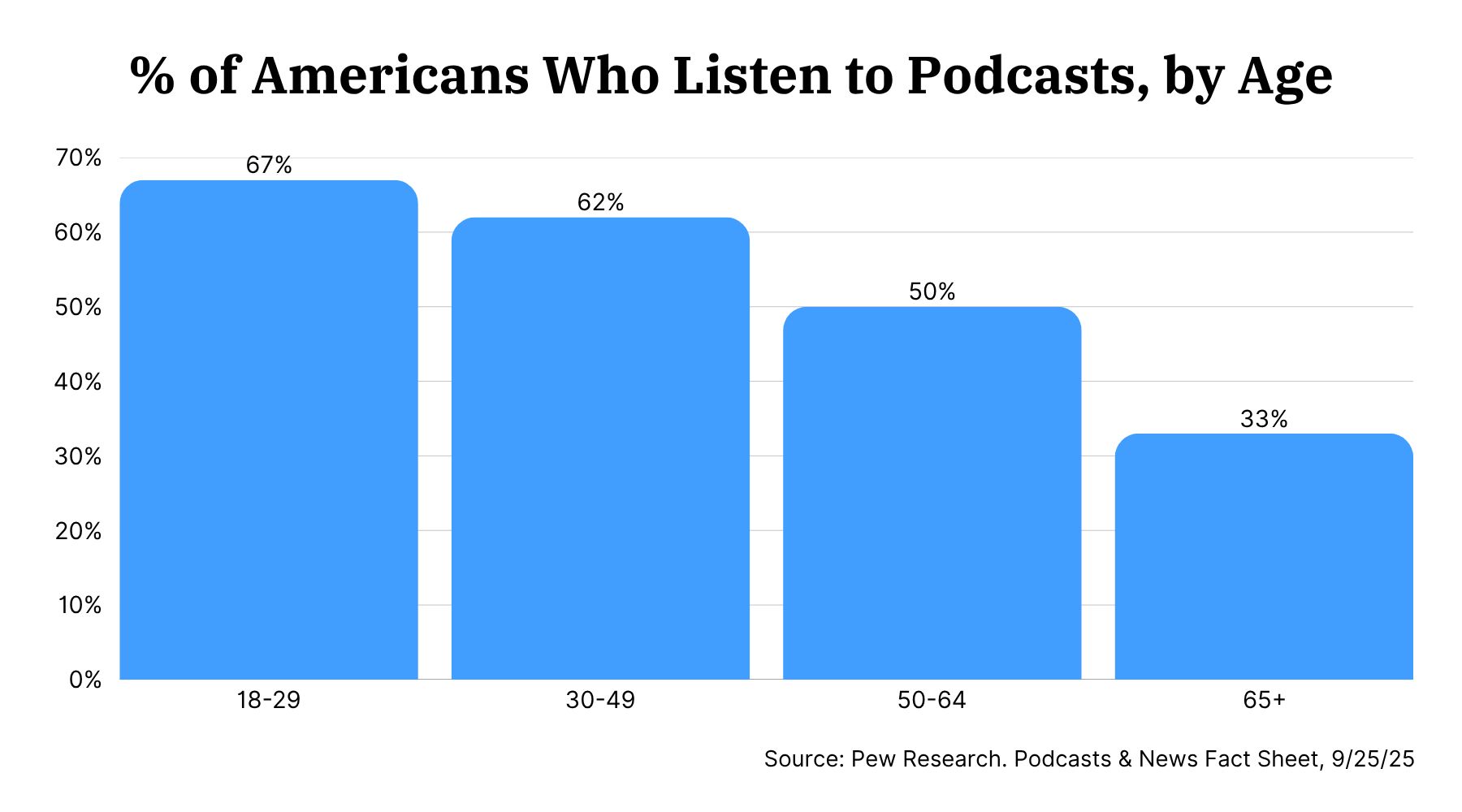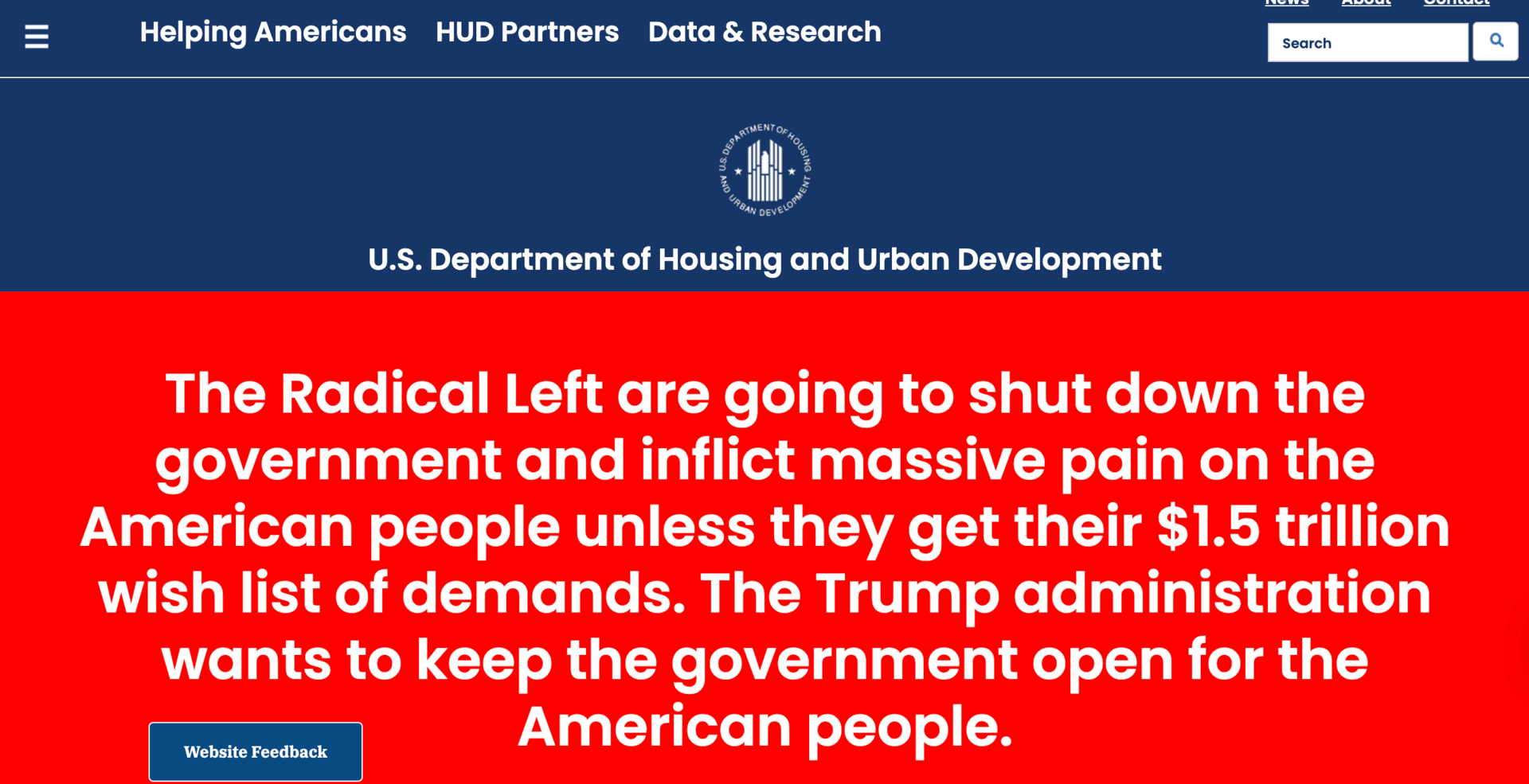
DEEP DIVE
How the emerging TikTok deal could scramble politics on the platform
More than a year after Congress passed legislation forcing the sale of social media app TikTok, the federal government and the platform’s current ownership are finally nearing a deal. On Thursday, President Trump signed an executive order approving a deal that would see the app come under the control of several major U.S. investors. The investors involved reportedly include include Larry Ellison’s Oracle and private equity firm Silver Lake, in addition to NewsCorp’s Rupert and Lachlan Murdoch and tech founder Michael Dell.
The sale of one of the country’s most widely used social media platforms, with more than 180 million users in the U.S., is poised to reshape not only the experience of its users and the app’s functionality, but also the broader landscape of American politics. That’s because TikTok has played an enormous role in the past two presidential elections, serving as a key platform where young voters spend hours each day.
Will Republican politicians flock to the platform?
For years, most Republican politicians and their digital teams have stayed off of TikTok, citing concerns about the app’s Chinese ownership. GOP governors, senators, members of Congress, and all of the party’s committees have largely been absent from a platform used daily by tens of millions of key voters. This absence has created an uneven playing field, allowing Democratic candidates up and down the ballot to build large audiences and expand their reach with little competition. Now, with the app under American ownership, will Republicans reconsider their stance and begin joining the platform in droves?
“I wouldn't be surprised if more Republicans use this as a reason to take a second look at the platform, but I wouldn't expect a flood of new GOP accounts overnight,” says Amanda Elliott, a Republican digital strategist and author of the Doomscroll newsletter. “If we truly get an "Americanized" version of TikTok, then maybe more conservative candidates getting on it won't be such a bad thing.”
As you can see in the chart below, conservatives have their work cut out for them: when looking at the top 100 largest news and politics TikTok accounts by engagement, most are liberal or nonpartisan. [Full dataset here for All-Access subscribers]

Could political ads flood the FYP?
Another major unanswered question that could reshape how campaigns are run is whether a newly American-owned TikTok will allow political advertising.
Since 2019, ByteDance-owned TikTok has enforced a strict ban on political ads, well before most in politics viewed the app as a serious platform. Yet, as Elon Musk’s takeover of Twitter showed, new ownership often brings new rules. If political ads are permitted, the shift could significantly change how campaigns and outside groups allocate their media budgets, potentially making TikTok one of the most sought-after platforms for political spending.
For TikTok itself, there could be a major financial upside: In 2024, both X and Snapchat generated more than $25 million in political ad revenue, while Google and Facebook each collected over $500 million in just the last three months of the election.
A built-in bias for conservatives?
One other major part of this deal that I’m hearing concerns about from liberal creators is their fear of right-wing political influence by the platform’s new owners. For years, users across the political spectrum have accused TikTok of censoring or shadow-banning certain content. From abortion and LGBT rights to Israel and Jeffrey Epstein, major political creators have claimed (with and without evidence) that the company suppresses or downranks content mentioning specific topics. With a new ownership structure that includes major conservative business titans, some Democrats fear that the platform’s “For You Page” could tilt more favorably toward right-wing content—or at least handle content moderation in ways that favor the Right.
“The impact of the sale on progressive content might not immediately be apparent, but I certainly think that over time, it will be a net negative for progressive content creators,” says Matthew Rein, a Democratic political creator. But, “at the end of the day, TikTok still remains a business. And unlike Elon, who was willing to torch Twitter's value and let the far-right roam free on the platform and elevate right-wing conspiracy theorists, I am not sure TikTok will be so bold. If they begin censoring, shadowbanning, or messing with people's favorite creators, it only hurts their bottom line,” Rein said.
My view is that while the debate over the app’s ownership has dominated headlines, the real story will be how TikTok as a platform evolves once the deal is complete. If Republicans start embracing the platform, if campaigns gain access to paid advertising, and if moderation rules shift even in subtle ways, then the app’s political influence will likely only grow in the years to come.
SPONSORED
Artificially Intelligent: Public Affairs Technology Made Simple
A must-read newsletter for public affairs professionals. In short weekly reads, we translate the latest political tech developments into actionable strategies you can use now to drive outcomes in your work. Subscribe to Artificially Intelligent for free here >>

CHARTED
New podcast consumption research
Last week, Pew published an updated Podcasts and News Fact Sheet, detailing how Americans engage with the medium. It's worth your time to read (or bookmark), especially in light of all the political conversations about podcasts’ impact on the 2024 election.


AD WATCH
Virginia Democrat runs as a cop
Much to the chagrin of many progressives in DC and beyond, Democrat Abigail Spanberger’s campaign for Virginia governor resembles that of Liz Cheney much more than Zohran Mamdani. She’s likely fine with that comparison. Her latest ad, released today, features a montage of police officers expressing their support for her candidacy. Watch the ad below:

ROUND-UP
More things you should read or watch this week
Amidst the rise of political violence and online harassment, a member of the Federal Election Commission wrote an op-ed in support of removing individual donor addresses from the FEC’s public database.
Last week, Pew released new data on how many Americans are using TikTok, and what they’re using it for.
The Wall Street Journal published an inside look at “The White House struggle to tame the Epstein crisis.”
White supremacist Nick Fuentes and conspiracy theorist Alex Jones were briefly allowed back on YouTube, and then subsequently deplatformed again.
Will Sommer at The Bulwark has a great explainer on the drama around Brilyn Hollyhand, a “Charlie Kirk wannabe” who caught some flack this weekend when he tweeted a selfie from a private jet.

ONE LAST THING
Politicized government
Ahead of a likely government shutdown this week, the Trump administration is using all of the levers of the federal government to push its partisan messaging. Here’s a screenshot of the website of the Department of Housing and Urban Development from this morning:




